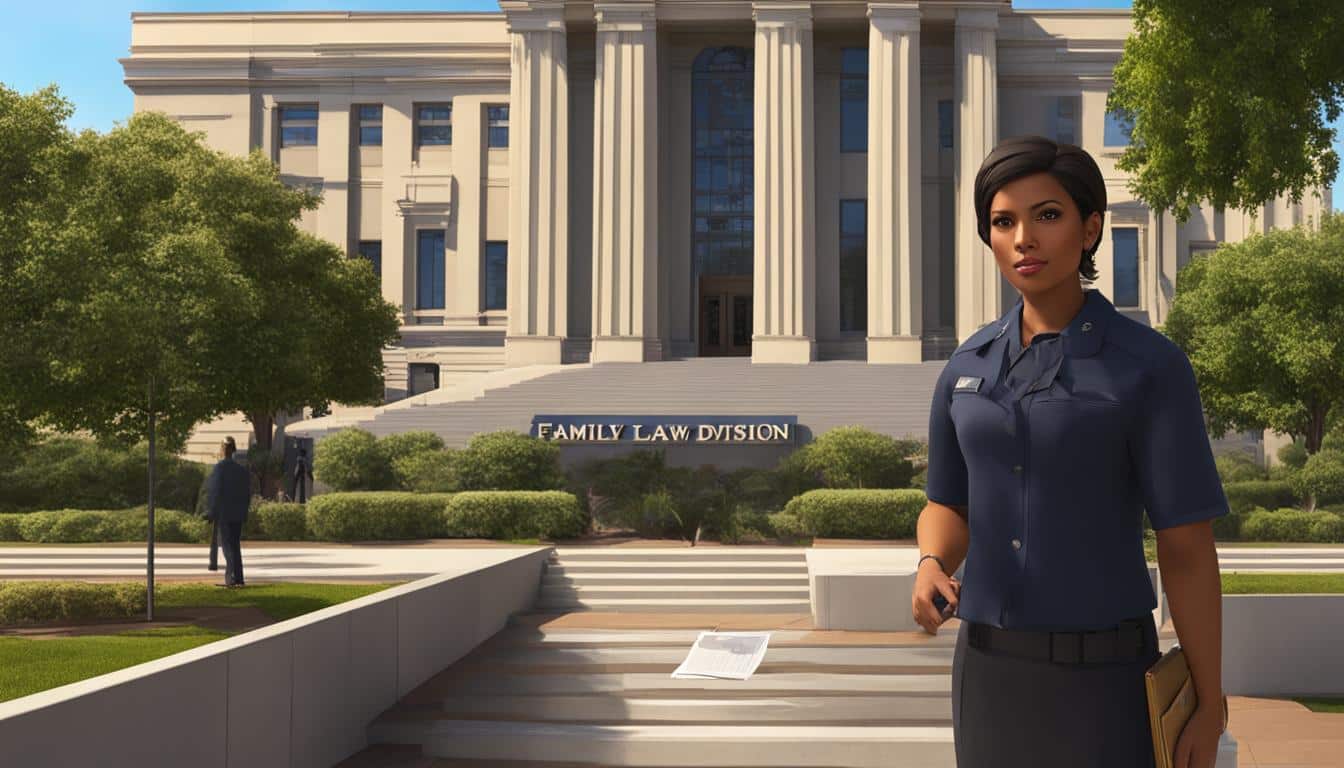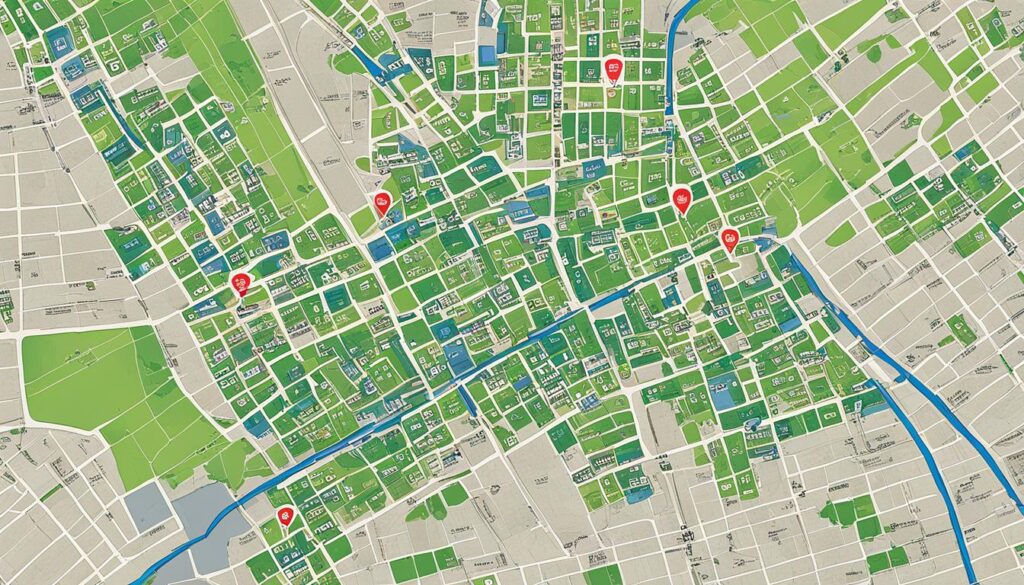Physical Address
304 North Cardinal St.
Dorchester Center, MA 02124
Physical Address
304 North Cardinal St.
Dorchester Center, MA 02124

Filing for divorce in Yolo County, CA, might seem like a maze of legal forms and procedures. But don’t worry, we’re here to light the way.
Imagine you’re on a journey, one that begins with a single step: understanding the process.

Yolo County has its own set of steps and requirements, and navigating them can feel overwhelming. But with the right guide, you can move forward with confidence.
Whether it’s knowing which forms to fill out, where to file them, or how to navigate the emotional roller coaster that comes with it, we’ve got your back.
Keep reading as we break down the essentials of filing for divorce in Yolo County, making it as straightforward as possible. Ready to take the first step? Let’s dive in.
To get more info on filing for divorce in California, find a detailed overview in our article, How to File for Divorce in California.
In order to file for divorce in Yolo County, you must meet certain criteria. One of the key requirements is the residency requirement.
You’ll need to provide proof of residency, such as utility bills or lease agreements, when submitting the paperwork.
| Residency Requirements for Yolo County CA Divorce | |
|---|---|
| California Residency | At least six months prior to filing for divorce |
| Yolo County Residency | At least three months prior to filing for divorce |
In CA, divorce is considered a no-fault process. This means you don’t need to prove specific grounds for divorce.
Unlike other states where certain reasons, such as adultery or abuse, must be cited as grounds for divorce, couples in Yolo County can simply state that there are “irreconcilable differences” as the basis for their divorce.
Irreconcilable differences refer to the issues or problems that have caused an irreparable breakdown of the marriage. It could involve differences in values, goals, or lifestyles that make it impossible for the couple to continue their relationship.
It is a common ground for divorce in Yolo County and allows couples to end their marriage without assigning blame to one party. This no-fault approach aims to simplify the divorce process and reduce conflict between divorcing couples.
By removing the need to prove fault, couples can focus on resolving practical matters such as property division, child custody, and spousal support without getting caught up in lengthy and contentious legal battles.
Divorce based on irreconcilable differences also promotes a more amicable and cooperative approach to ending a marriage. It encourages couples to seek mediation or negotiation rather than resorting to adversarial litigation, which can be emotionally draining and costly.

Filing for divorce in Yolo County, CA can be a complex process, but having a step-by-step guide can make it more manageable. This section will walk you through these steps.
The first step in filing is to gather all the necessary documents. These documents include:
Once you have gathered all the required documents, complete the divorce forms. You can get them from the Yolo County Superior Court or download the forms from their website. Make sure to fill out the forms accurately and provide all the necessary information.
After completing the forms, you’ll file them with the Yolo County Superior Court. Visit the courthouse and submit the forms to the Civil Division (located on the first floor). Be prepared to pay the filing fee unless you qualify for a fee waiver.
Once you have filed the forms, you will need to serve the papers to your spouse. This can be done through personal service, where someone over the age of 18 delivers the papers to your spouse, or through a professional process server.
As part of the divorce process in Yolo County, you’ll need to complete and exchange financial disclosures with your spouse. These disclosures include information about your income, assets, debts, and expenses. It’s important to be thorough and accurate when completing these disclosures.
In some cases, mediation may be required before proceeding with the divorce process. Mediation is a process where a neutral third party helps you and your spouse reach agreements on important issues, such as child custody, visitation, and property division. If mediation is required, both parties must attend the sessions.
Once all the necessary steps have been completed, the final step is the divorce judgment. This is when the court issues the final divorce decree, officially ending the marriage.
Be sure to follow the court’s instructions and attend any required hearings or proceedings to finalize the divorce.
When filing Yolo you’ll have to pay a filing fee. These fees cover the cost of processing and handling the divorce paperwork. The filing fees vary depending on the type of case and the specific forms being filed.
In Yolo County, filing the initial petition with the court costs $435.
If you can’t afford the filing fees, a fee waiver may be available. This is an option for those facing financial hardship and who are unable to pay the fees.
To get a fee waiver, you need to meet certain eligibility criteria and follow the application process. The Yolo County Courthouse provides clear guidelines and forms to assist you in this process.
Here are the steps to request a fee waiver:
Below is the address, contact information, and operating hours of the county court.
| Court Location | Address | Contact Information | Operating Hours |
|---|---|---|---|
| Superior Court of California, County of Yolo | 1000 Main St, Woodland, CA 95695 | (530) 406-6700 | Monday-Friday: 8:00am-5:00pm |

While hiring an attorney is an option when filing for divorce, some individuals may choose to represent themselves. This can be a cost-effective alternative for those who want to take on the legal aspects of their divorce without professional assistance.
If you are considering self-representation, it’s important to be well-informed and prepared.
There are resources available to assist you in filing for divorce without an attorney. Online legal forms specific to Yolo County can be found on the Yolo County Superior Court’s website.
Additionally, the court’s self-help center provides guidance and resources to individuals representing themselves in divorce proceedings.
Representing yourself can be challenging, so consider the complexity of your situation and your comfort level in navigating legal matters. If you have concerns about understanding the legal process or your rights, consulting with a family law attorney may still be beneficial. They can provide advice and guidance specific to your situation, even if you ultimately decide to proceed without full legal representation.
To see how this process of filing for divorce in Yolo County compares to that in other California counties, check out our articles about how to file for divorce in Ventura County and filing for divorce in Yuba County.